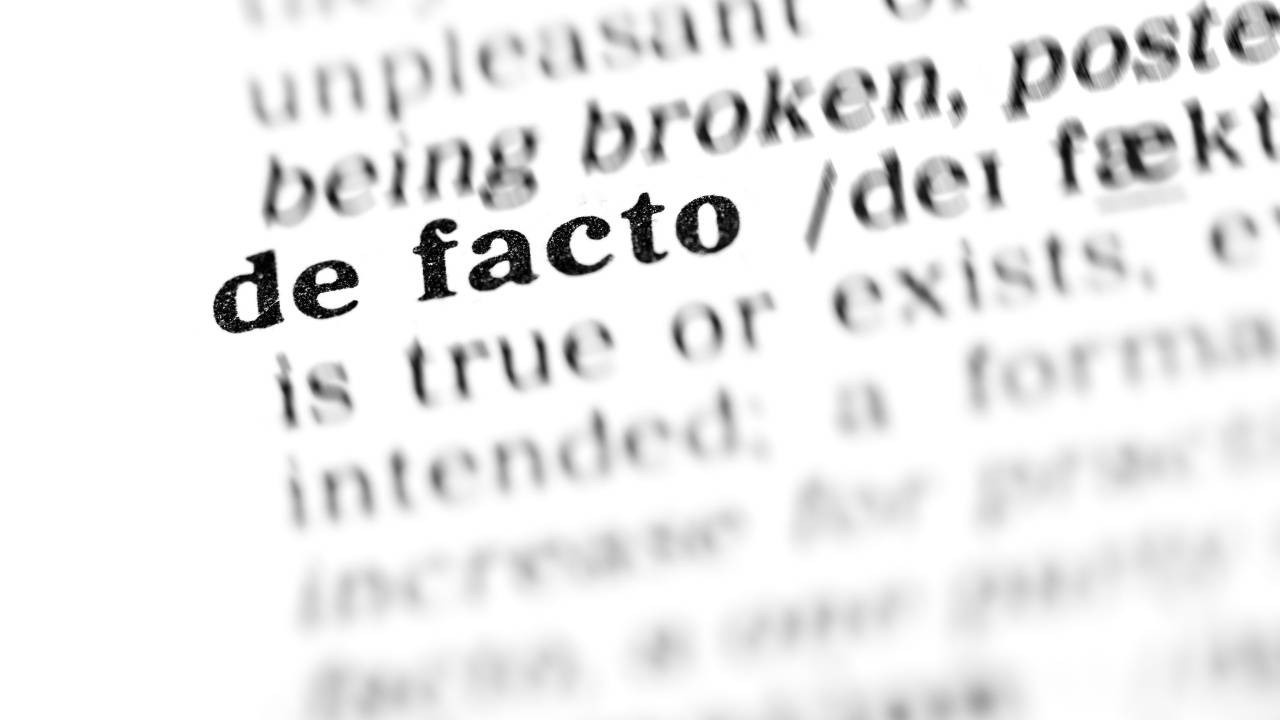Blog
Not only can an estate challenge be made by someone who is a blood relative of the deceased (so long as they satisfy one of the categories of relatives set out in the definition of “eligible person”, as defined in section 57 of the Succession Act 2006 (NSW)), but it can also be made by someone who i...
Division 2 (in particular, section 18) of the Succession Act 2006(NSW) allows the Court to authorise wills to be made, altered or revoked for persons who do not have testamentary capacity , whilst they are still alive (s18(3)) – this includes a minor who does not have the capacity to make a Will (s1...
If a deceased person has not specified whether they would like to be buried or cremated (in their Will or otherwise), the legal right to make such a decision rests with the deceased’s next of kin.
The Supreme Court decision of Dragarski v Dunn [2019] NSWSC 300 dealt with a deceased who had died int...
A recent Supreme Court decision (Lodin v Lodin; Estate of Dr Mohammad Masoud Lodin [2017] NSWSC 10) has highlighted the rights that former spouses may have to make a claim on a deceased’s estate – particularly if the estate is substantial and the Court finds that the deceased had a moral obligation ...
When preparing a Will, it is crucial that it is prepared in accordancewith the relevant laws – in New South Wales, that law is the Succession Act 2006. Otherwise, your Will is at risk of being an invalid document, or even capable of a number of different interpretations if not worded correctly, and...
It is a commonly held belief that if you die without a Will, your assets automatically transfer to the State. However, this is incorrect. It is only if you die without a Will and without any eligible relatives that your assets will transfer to the State.
Who are eligible relatives?
Eligible rela...
This blog provides general information and should not be construed as legal advice. Laws may have changed since the publication of this content. We recommend consulting with a qualified legal professional to ensure compliance with current legislation and to address specific circumstances.







